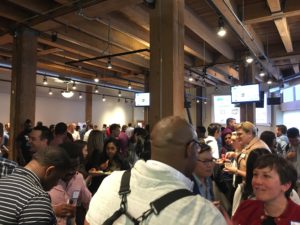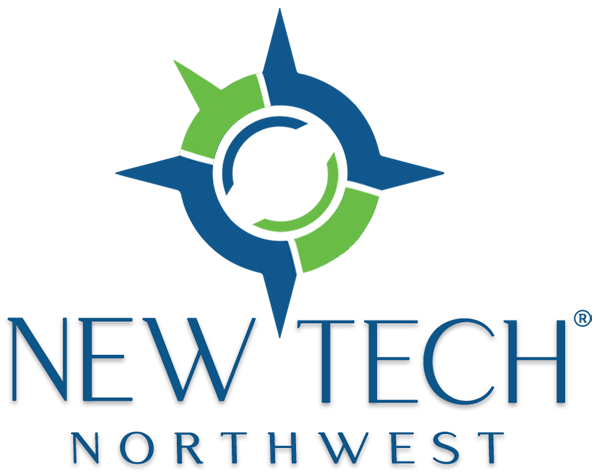 You’ve already landed your job, so you can stop networking…right? Wrong. There’s a difference between networking to find a gig and networking for your career.
You’ve already landed your job, so you can stop networking…right? Wrong. There’s a difference between networking to find a gig and networking for your career.
It’s the difference between thinking short-term versus long-term and, arguably, the latter will provide many more benefits.
Your current gig could be just a short stepping stone toward founding a startup or an entryway into a company’s upper management – and it’s up to you to figure out how to advance your agenda. Networking for life is one of the best tools you can utilize.
For instance, I have over 25,000 LinkedIn connections because 1) I joined LinkedIn early, 2) I have stayed active on LinkedIn, and most importantly 3) almost every person I meet or who emails me immediately gets a LinkedIn invitation from me. This consistent practice has added 15-100 new people to my LinkedIn network every week for many years.
Networking is all about building professional relationships as opposed to making friends. While there are similarities (finding common interests, etc.), networking is more about creating a rapport with a professional acquaintance in a short period of time.
It’s about having a meaningful conversation about your job, your career goals or your professional advancement, not necessarily about socializing for fun. And as important as it is to share your interests, it’s equally important to listen to the other person and determine if you can provide any assistance for his or her career growth.
Taken within this context, networking for life is a critical skill that you want in your toolbox. The group of associates you have in your circle today may not necessarily be the people who can help you later down the road.
So take a moment, think about where you want to be a year from now, and see who you might need to help get you there. Then peruse your contacts (either via LinkedIn or your collection of business cards) and find the top five people in your network where mutual assistance might be possible.
These are the people you want to stay in touch with on a regular basis, either through formal coffee/lunch dates or informal emails.
Don’t have five appropriate contacts? Your next step is simple: find them. Take a closer look at the alumni association for your school and become a participant, scan your church membership directory, think about your workout partners at the gym or even coworkers that you don’t normally interact with.
Attend networking events sponsored by New Tech, WTIA, Geekwire, LinkedIn or other appropriate organizations in your area. If there are certification classes you can take, do it and talk with other participants. The point is, great contacts are just a short conversation away.
Where do you look for good networking contacts? Let us know your tips.












